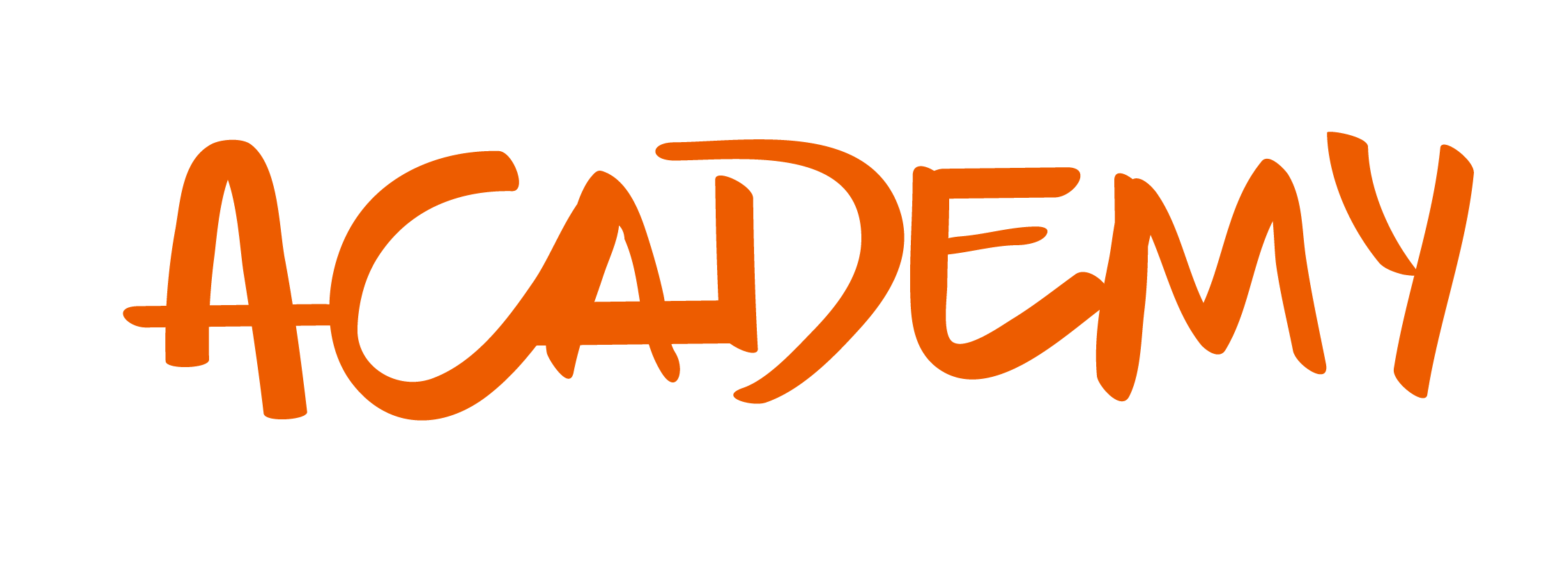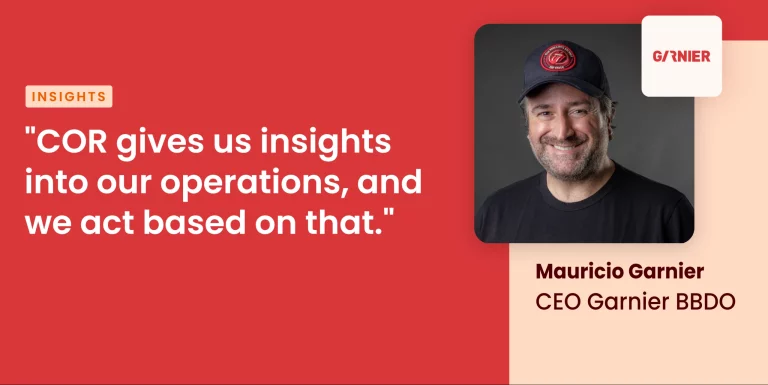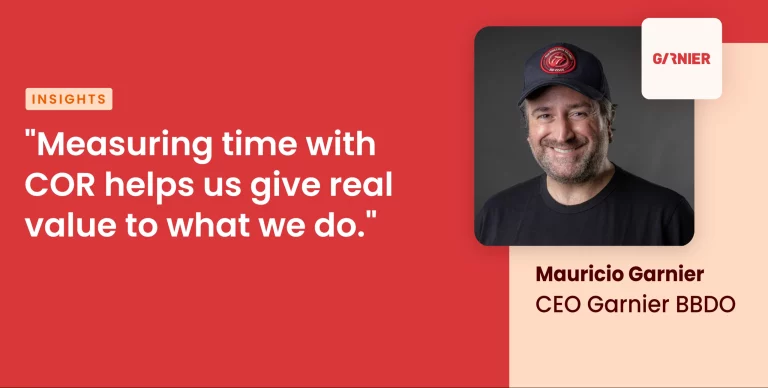Efficiency is the cornerstone of profitability for any consulting firm. However, a lack of control over the actual time spent on projects can pose a significant challenge to achieving that profitability and, even worse, jeopardize client relationships.
Many consulting firms fall into the trap of relying on estimates and assumptions to calculate the hours dedicated to each task. This imprecise approach not only distorts internal operations but also leads to issues that directly impact service quality and clients’ perceived value. In this article, we will explore how this often-underestimated challenge is affecting consulting firms and what steps can be taken to resolve it.
The problem with estimates and reality
Project management in consulting firms requires meticulous planning and precise resource allocation. However, the hours initially assigned to a project often do not reflect the reality of what is needed to complete the tasks. This happens because teams tend to underestimate or overestimate the required time, based on past experiences or a desire to meet tight deadlines.
This lack of accuracy in time tracking not only affects project efficiency but can also distort the client’s perception of the value received. A client who feels they are being overcharged for work that seems to require less time may question the transparency and integrity of the consulting firm.
The cost of not knowing how much time you spend
When a consulting firm lacks clarity about the actual time spent on a project, it faces several risks. First, the project’s profitability may be affected. If the billable hours do not match the actual hours worked, the firm could be losing money or, worse, overcharging without realizing it.
The lack of accurate data on hours worked makes it difficult to plan future projects. Without a reliable record of how long it really takes to complete similar tasks, future estimates may also be inaccurate, perpetuating the cycle of inefficiency.
Additionally, not knowing the actual time spent on projects can affect team morale. Employees who feel they are constantly working more hours than planned may experience burnout and demotivation, which in turn impacts work quality and client satisfaction.
Solutions to improve time management in consulting firms
To address these challenges, it is crucial for consulting firms to adopt tools and methodologies that enable them to accurately track hours worked. Project management platforms like COR can be a great ally in this regard. These tools not only allow teams to record their time more precisely but also provide detailed analyses that help identify areas where improvements can be made in estimating and allocating resources.
Additionally, fostering a culture of transparency and accountability within teams is essential. Employees must understand the importance of accurately logging their hours and how this impacts project profitability and client satisfaction.
Conclusion
A lack of awareness about the actual time spent on projects is a common issue in consulting firms, but it can be mitigated with the right tools and practices. By improving the accuracy of time tracking, consulting firms can not only increase their profitability but also strengthen client relationships and enhance team satisfaction. It’s time for consulting firms to move away from assumptions and start making decisions based on real, accurate data.














